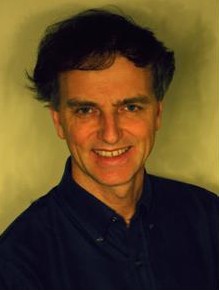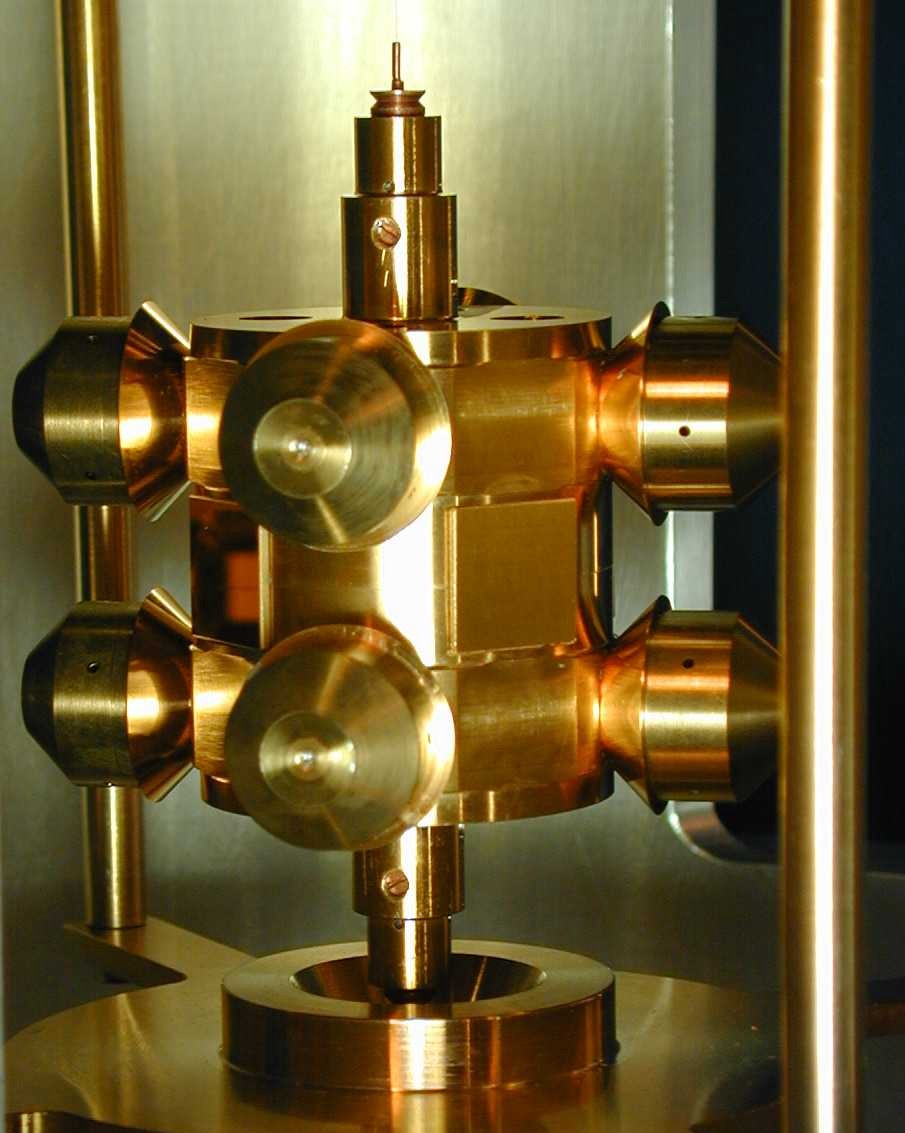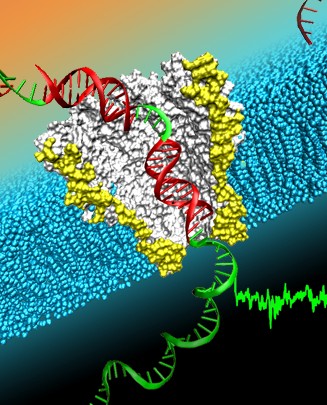Me
 I am an experimental physicist
at the University of Washington. I have two main research interests that are
pretty close to the opposite ends of the research spectrum in physics: fundamental physics and biophysics.
I am an experimental physicist
at the University of Washington. I have two main research interests that are
pretty close to the opposite ends of the research spectrum in physics: fundamental physics and biophysics.
 I am an experimental physicist
at the University of Washington. I have two main research interests that are
pretty close to the opposite ends of the research spectrum in physics: fundamental physics and biophysics.
I am an experimental physicist
at the University of Washington. I have two main research interests that are
pretty close to the opposite ends of the research spectrum in physics: fundamental physics and biophysics.
 What the lay person may not realize is that we are in a phenomenal period of humbling scientific enlightenment. Let me put this in some “historic” perspective. Four or five hundred years ago Copernicus and Galileo removed us from being the center of the solar system. Edwin Hubble’s discovery ~100 years ago taught us that we are not in the center of the universe. During the second half of the 20th century it became clear that we are not at all made from the most prevalent stuff in our galaxy, as a matter of fact we seem not even be able to interact with most of the dark matter stuff, other than with gravity. Then, in the last two decades we discovered that most of the energy in the universe does not even gravitate but apparently anti-gravitates, and we certainly have nothing to do with this “stuff”. With this progression of paradigm shifting findings we may wonder what is next. Are we not living in the most prevalent dimensions? Or is our universe not the only one?
What the lay person may not realize is that we are in a phenomenal period of humbling scientific enlightenment. Let me put this in some “historic” perspective. Four or five hundred years ago Copernicus and Galileo removed us from being the center of the solar system. Edwin Hubble’s discovery ~100 years ago taught us that we are not in the center of the universe. During the second half of the 20th century it became clear that we are not at all made from the most prevalent stuff in our galaxy, as a matter of fact we seem not even be able to interact with most of the dark matter stuff, other than with gravity. Then, in the last two decades we discovered that most of the energy in the universe does not even gravitate but apparently anti-gravitates, and we certainly have nothing to do with this “stuff”. With this progression of paradigm shifting findings we may wonder what is next. Are we not living in the most prevalent dimensions? Or is our universe not the only one?
Gravity was intimately involved in all these staggering discoveries and precise understanding of gravity may well reveal some clues to the puzzling findings.
One of the other great mysteries is that all the properties and most of the interactions of visible matter can be reduced to a very beautiful theory, the Standard Model of particle physics, but this quantum model cannot be extended to gravity. Conversely, the equally elegant theory of gravity, General Relativity, cannot explain the quantum world. At least there is no experimental evidence. Discovery of such a connection would validate Einstein who looked for this in vain.
 With envy I saw my wife, who is a doctor, make direct differences in people’s lives. The only way I saw myself doing something with this kind of meaning and satisfaction was to get involved in experimental biophysics research.
It was as comical as through a failed job interview that I got involved in “nanopore sequencing of DNA”. Learning something entirely new is exciting (I started with my wife’s biochemistry textbooks). With dumb luck, the help of friends and a lot of elbow grease I managed to get on the playing field with others who know a lot more than I do about biophysics. My first discovery after entering this new field was that ~90% of the skills needed to be a scientist are identical across different fields.
With envy I saw my wife, who is a doctor, make direct differences in people’s lives. The only way I saw myself doing something with this kind of meaning and satisfaction was to get involved in experimental biophysics research.
It was as comical as through a failed job interview that I got involved in “nanopore sequencing of DNA”. Learning something entirely new is exciting (I started with my wife’s biochemistry textbooks). With dumb luck, the help of friends and a lot of elbow grease I managed to get on the playing field with others who know a lot more than I do about biophysics. My first discovery after entering this new field was that ~90% of the skills needed to be a scientist are identical across different fields.